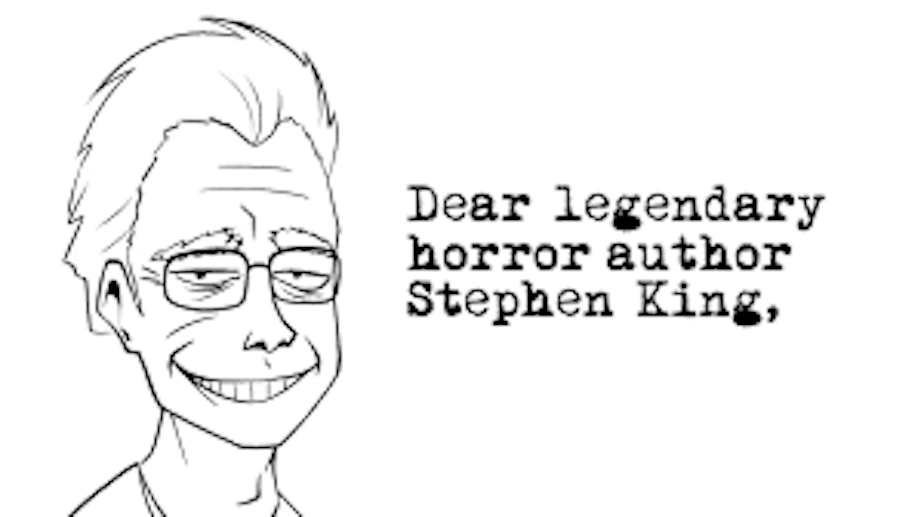Words in Review: 'Indian burial ground'?

NPR recently interviewed a new Congressmember from Salem, Oregon, about the bumpy start to her first term. The host noted that because Republicans took so long to choose their House Speaker, Representative Andrea Salinas had to wait four days to be sworn in.
"It's only four days, but, I mean, four days seems like a lot if you've only got two years," host A. Martinez said.
"That's right, and that's how I was feeling. As a freshman member, you really are low man on the totem pole," Salinas replied.
“Low man on the totem pole” is a clichéd way of saying the “lowest ranking member of a team.”
“The term doesn't make sense with how totem poles work,” Joey Clift told me.
Clift is a TV writer and comedian and an enrolled member of the Cowlitz Tribe of Southwest Washington, some of whose members carve totem poles. He says in native culture, “low man on the totem pole” is a nonsense phrase.
“I don't think what's on the bottom of the totem pole is less important than what's in the middle. A lot of these totem poles — they're meant to be stories.”
Clift did a video series for Comedy Central called “Gone Native.” One of the videos is called “Every Time You Say Something Is Your ‘Spirit Animal,’ You Have to Give Every Native American Person That You Know $25.” The video also covers the expressions “Indian giver,” “powwow,” “off the reservation,” and “smoke the peace pipe.”
Sponsored
Another of his videos asks, “Dear legendary horror author Stephen King, instead of using Indian burial grounds in your books, have you thought about using European burial grounds?”
“There's no such thing as an Indian burial ground, in the same way that there's no such thing as a European burial ground,” Clift says. “There might be a Cowlitz burial ground or a Cherokee burial ground. But to say that there's a burial ground just for a specific race of people is very weird.”
“It's convenient to make the guilt of the attempted genocide of Native people a past-tense issue, and not something that we, as a country, are still dealing with. It paints Native people as being no longer here, which is not true — I'm talking to you. And it paints us as magical, evil spirits of vengeance, which sounds very cool, but it’s not the truth. It says Native people only exist in the past tense and only exist to shame people for genocide — to which I would say, there are plenty of living Native people who would guilt you about that — you don't have to use our ghosts!”
Clift says he’s not canceling anyone or being “woke.” He’s just trying to save you from offending someone and looking bad.
“We all have blind spots — things we're not educated about. We're all gonna make cultural faux pas. If you use these terms and you're not a Native person — it would be really cool if you didn't do that — but if somebody politely says, 'Hey, maybe don't,' don't dig your heels in. Take that feedback. It takes all of one second to try to think of a better word. I'm not asking for the world. I'm just asking you to stop referring to meetings as 'powwows.' And if you do, please send me $25. There's a tax for that now.”
Sponsored
Do you have a word or phrase to submit to Bill Radke’s "Words in Review" series? An expression you hear in the news or in the culture and wonder about? Let him know at bradke@kuow.org.




